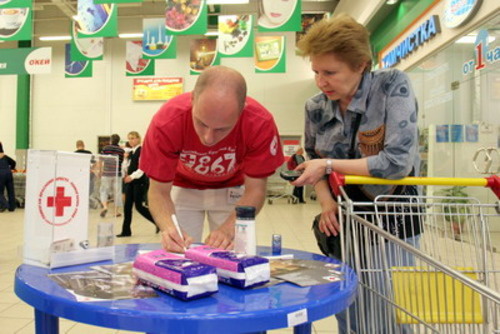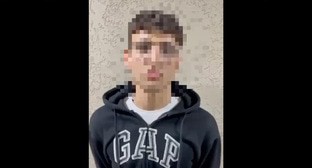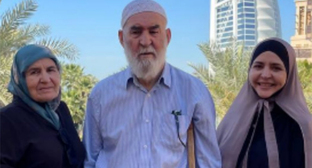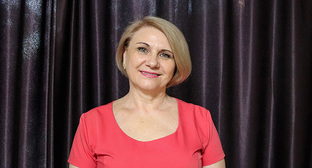
20 February 2009, 20:00
Red Cross distributes footwear and clothes among residents of South Ossetia
The current phase of the mission of the International Committee of the Red Cross (ICRC) in the Republic of South Ossetia, which started on January 28, has basically the form of distributing footwear and clothes among those who need them.
"At our second phase, we have a rather narrow group of addressees; we do it deliberately, in order to reach the most vulnerable people. We've started with boarding house, then, continued our work in Temporary Accommodation Centres (TACs) for refugees, later, after assessing the demand in villages, our efforts will become broader," Marina Tedeti, representative of the press service of the Red Cross in the Republic of South Ossetia, told the "Caucasian Knot" correspondent.
"We use the technique of assessment visits. Our representatives went to villages and communicated with people, administrations, agencies and ministries aiming to assess the real situation; all the data was verified, sometimes even repeatedly. We check every particular recipient in situ. It's a huge piece of work to be done prior to any distribution," Ms Tedeti explained.
According to her story, the ICRC receives no help from the authorities: "We have enough resources, people and cars. We don't cooperate with the authorities by virtue our status as an independent neutral party."
Currently, about 60 employees of the Red Cross work in the region. Of them, 50 were recruited locally, the rest of them are foreign citizens.
Today, the ICRC is implementing several programmes in South Ossetia: "Help in restoring and improving housing facilities and water supply", "Economic safety" (under which foodstuff packages were given out to people). There is also a programme aimed to protect civilians and another one, under which ICRC people accompany other teams in their trips to villages and assess medical needs: provision of medicines and personnel to first-aid posts.
However, according to Nariman Kalaev, 36, there are problems with reception of humanitarian aid. Nariman's family has 5 persons: himself, his wife, his mother-pensioner and two children - a son of 13 and a daughter of 7. Before the war, they lived in Tskhinvali, but during the warfare their house burnt down completely. Now, the family lives in their friends' apartment.
"Now, we're already on our own footing, but in fact, we've received practically nothing. We had to buy clothes for our own money," Mr Kalaev told the "Caucasian Knot" correspondent.
He asserts that by the winter his family "has received nothing". Only foodstuffs: stewed meat, rice, buckwheat. "And a small washing machine, for 1 kg of linen. This was a gift of the Orthodox Church; they did it OK," said Kalaev.
According to his story, after the war, when people were leaving, some families were taken by the women's monastery in Vladikavkaz.
Russia has sent a large batch of home equipment kits, each comprising a refrigerator, a washing machine, a microwave and an electric kettle. To have one of them, people had to address the city administration. Then, officials visited the burnt-down houses, talked to tenants and verified the lists.
"The humanitarian help from Russia was enormous; truck columns looked endless. Probably, nobody in the world had ever received this amount of aid: building materials, home appliances, clothes and foodstuffs. And everything was of top quality. People could have lived in comfort, probably, for at least 5 years. But as a result, everything was in chaos and not transparent. All the goods were spread among numerous warehouses, where certain dedicated people worked and had access. Where it all went then - nobody knows till now. Even the government cannot clear out. They say, a lot of goods remained in Vladikavkaz," Nariman Kalaev has concluded.
Author: Dmitry Florin Source: CK correspondent





Комментирование через Кавказский узел